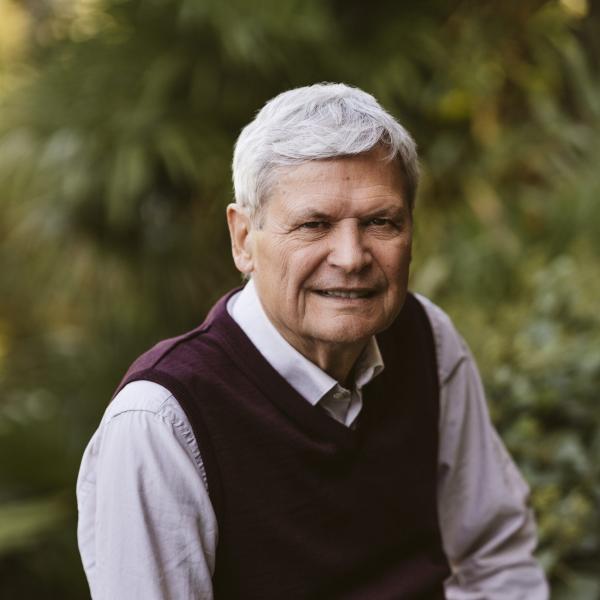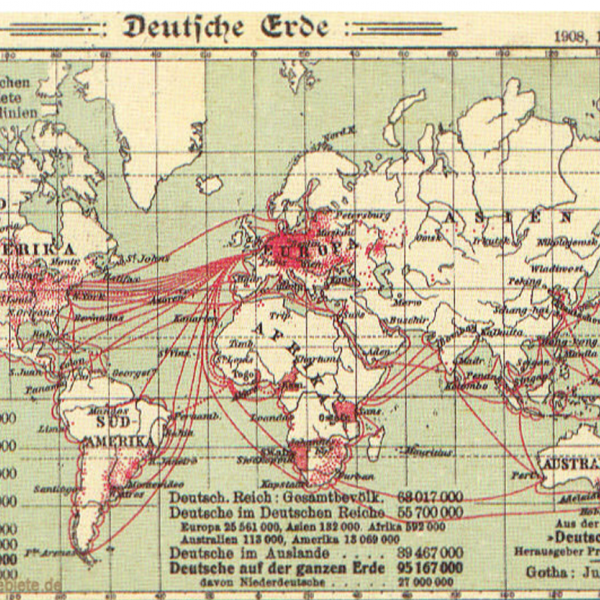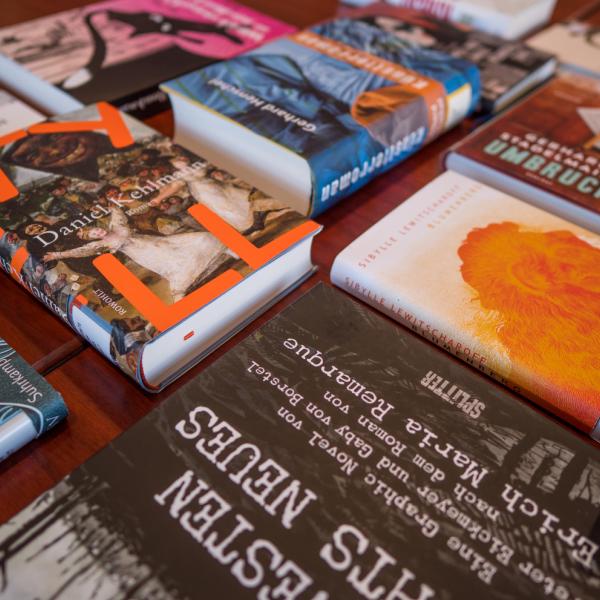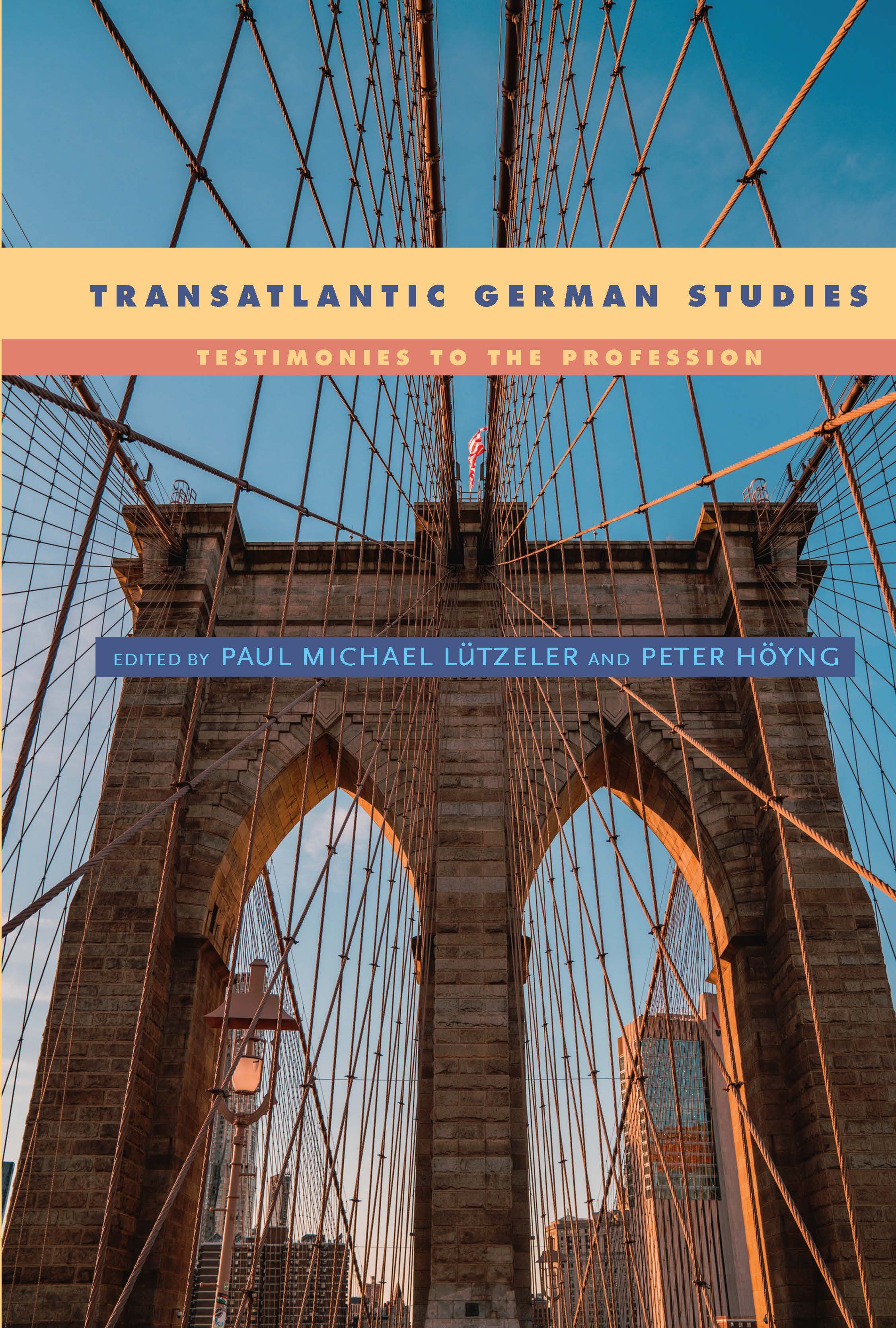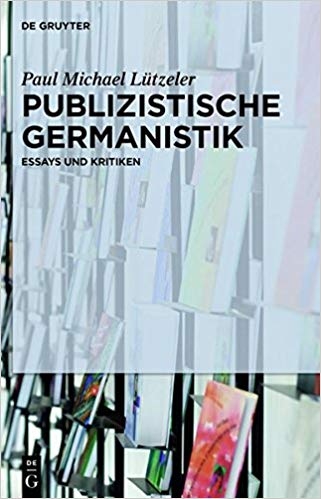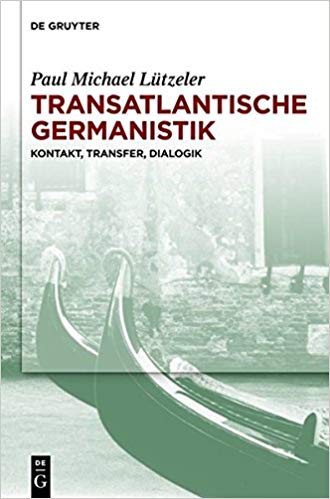Professor Lützeler's published works include an award-winning biography of Hermann Broch, three books on the idea of Europe in German and European literature, and seven other books on topics of 19th and 20th century German literature.
Professor Lützeler is the author of Hermann Broch. A Biography, a book that appeared in German, English, Spanish, and Japanese, and received the DAAD Prize of the German Studies Association. He is the editor of the Collected Works of Hermann Broch. He wrote three books on the idea of Europe in German and European literature, as well as seven other books on topics of 19th and 20th century German literature, and edited many volumes in his areas of research.
Until summer 2020, he served as editor in chief of the yearbook, Gegenwartsliteratur (2002 ff), and serves on the editorial boards of several scholarly journals. He was the director of the Max Kade Center for Contemporary German Literature at Washington University’s German department until Spring 2022. He teaches both in the German department as well as in European Studies and the Comparative Literature program. His research and teaching interests include German and European Romanticism, German/Austrian-Jewish exile literature, contemporary German literature, German American cultural relations, contemporary scholarly discourses (postmodernism, post colonialism, globalization), and cultural studies in general.
Lützeler received many fellowships (e.g., Fulbright, Woodrow Wilson, ACLS, Guggenheim) and awards both for his research and his teaching; he is an honorary member of the AATG; he is a member of two German academies, and of the Academia Europaea; President of the International Hermann Broch Society; on the Executive Committee of the Gesellschaft fuer interkulturelle Germanistik; as well as President of the American Friends of the German Literary Archive in Marbach.
For further biographical or bibliographical information see the American and the German Wikipedia entries about Professor Lützeler.


